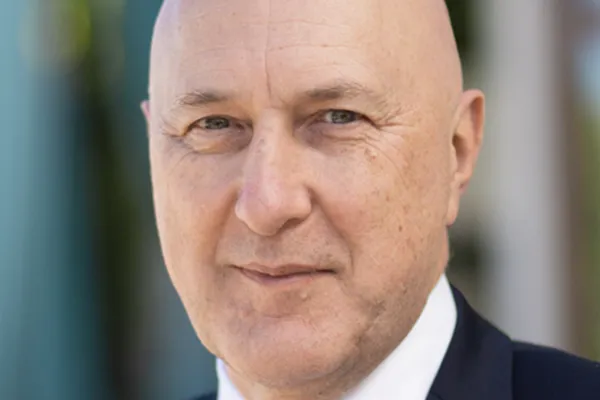When he named Artemis Investment Management after the Greek goddess of the hunt, Mark Tyndall clearly never intended his firm to be anyone's prey. At first blush then, ABN Amro Asset Management's takeover of the Edinburgh-based boutique looks like a reversal of fortune. Not so, says Tyndall, 45: "The interesting question isn't why we sold to ABN but rather why ABN sold its unit trust business to us."
Though ABN manages E130 billion ($130 billion) and Artemis E1.4 billion, this is no simple case of a whale swallowing a minnow. ABN has merged its U.K. unit trust business with Artemis's; ABN's funds will be sold under the Artemis name; and despite ABN's majority stake, Artemis will operate independently.
The firm has shone since onetime Ivory & Sime portfolio managers Tyndall and John Dodd founded it five years ago. Artemis's biggest funds excel: UK Growth ranks fourth of 243 in its peer group; UK Smaller Companies, first of 67; UK Income, first of 87; and UK Special Situations, first of 300. Artemis has attracted star fund managers like former Deutsche equities chief Adrian Frost.
In contrast, ABN was rocked this May when its two star U.K. fund managers, Nigel Thomas and George Luckcraft, fled to Framlington Group. But ABN's misfortune was Tyndall's good luck. "I was wary of mergers because of the people and cultural issues," he says. "But with the two main ABN fund managers gone, this should be a seamless integration." Meanwhile, the purchase of Artemis for a rumored £60 million ($90 million) gives ABN access to a top U.K. investment team and a steady stream of income.




